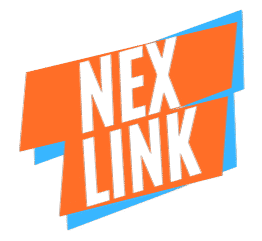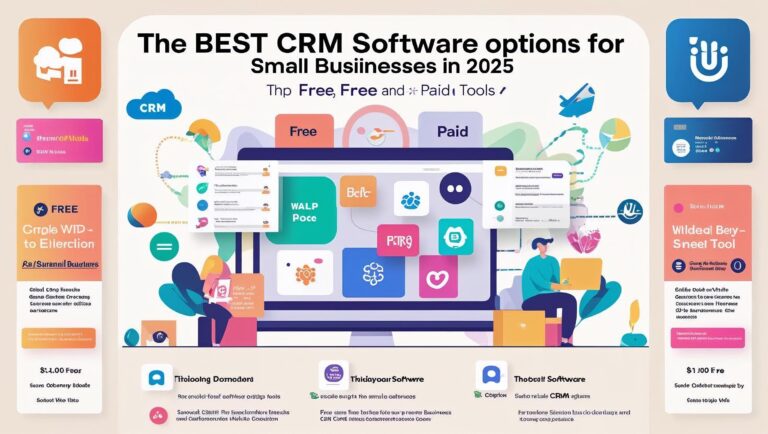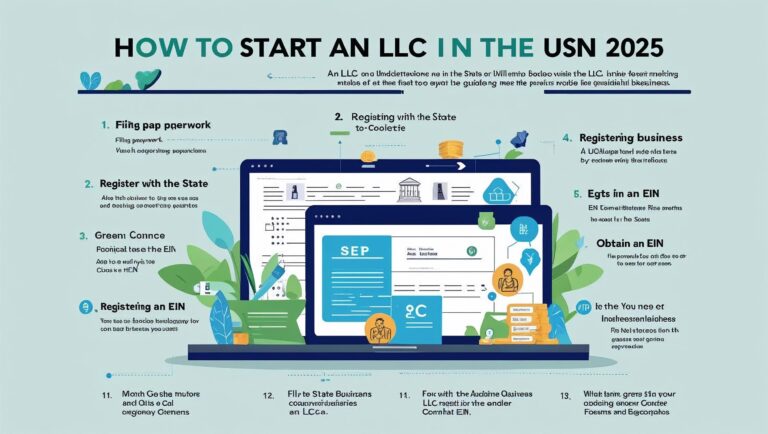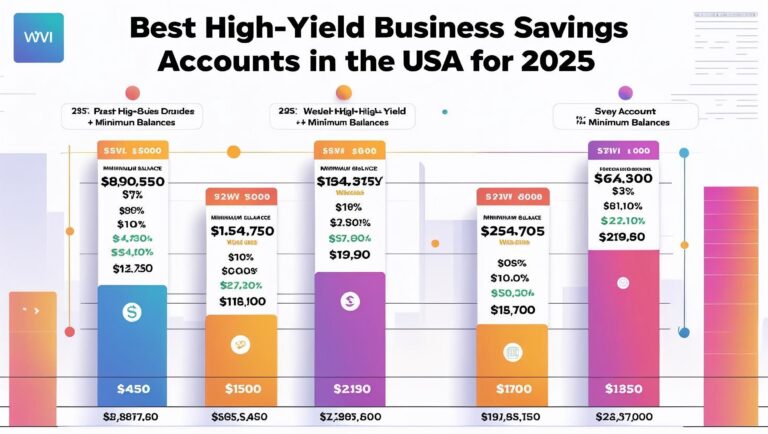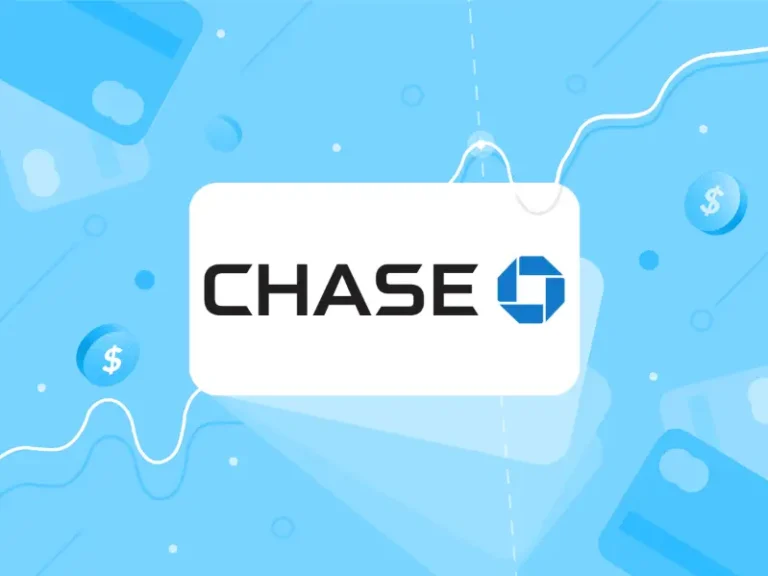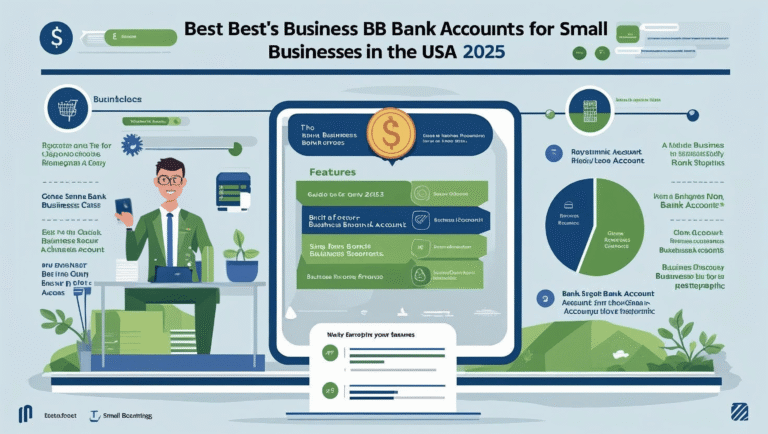Introduction: The Rise of Gig Economy and the Hidden Risk
The gig economy is booming in 2025, with startups growing rapidly in sectors like freelance tech, delivery apps, and remote services. However, this rise comes with a growing concern—liability. Unlike traditional businesses, gig economy startups often lack structured protections for their services and partners. Embedded liability coverage has emerged as an innovative way to secure both businesses and gig workers without complicating onboarding or operations. This new model integrates insurance directly into platforms, ensuring automatic and invisible protection.

What Is Embedded Liability Coverage in the Gig Economy?
Embedded liability coverage refers to insurance policies built directly into the digital platforms that gig workers or startups use. Rather than purchasing separate liability plans, users and service providers receive coverage automatically as part of the product or platform. For example, a rideshare app offering automatic passenger liability protection or a freelance hiring platform offering built-in indemnity for code errors—these are prime cases of embedded insurance in practice. This coverage not only streamlines legal compliance but also boosts trust among users.
Why Traditional Insurance Fails for Gig Startups
Traditional insurance models require manual signups, paperwork, and fixed premiums. These rigid frameworks do not fit the flexible, scalable nature of the gig economy. Startups that operate digitally, scale quickly, and depend on independent contractors need smarter solutions. Traditional insurance is often reactive and expensive, while embedded liability is proactive and seamless. It supports transaction-based coverage, making it cost-effective and responsive.
HSBC Premier Banking USA and Its Entry Into Embedded Coverage
HSBC Premier Banking USA is known for offering elite financial services, but it has recently stepped into the insurtech space. In collaboration with gig economy platforms, HSBC is testing a fintech initiative to embed insurance benefits into freelancer payment systems. These efforts aim to reduce friction for gig workers managing taxes, liability, and micro-investments. By leveraging blockchain smart contracts, HSBC’s platform may automate legal insurance coverage during every transaction.
Legal Coverage Tools Hidden in Popular Platforms (2025 Update)
In 2025, platforms like Upwork, Fiverr, and DoorDash have silently integrated legal coverage tools. While not highlighted in marketing, these features offer hidden but powerful protections. AI-based claim detection, real-time fraud alerts, and dynamic indemnity models are now baked into platform architecture. Startups utilizing white-label solutions like Slice Labs and Cover Genius can also offer similar services without building from scratch.
Comparison Table: Embedded Liability vs Traditional Insurance
| Feature | Embedded Liability Coverage | Traditional Business Insurance |
|---|---|---|
| Onboarding Time | Instant | Several days |
| Customization | Dynamic per transaction | Static annual premiums |
| Admin Effort | Minimal | High |
| Legal Compliance | Automated | Manual |
| Visibility | Invisible to end-users | Highly visible |
| Scalability | Extremely high | Limited |
2025 Fintech Tools That Power Embedded Liability
Modern tools like Lemonade API, Insurwave, and Zego SDK are transforming the way gig platforms build legal coverage into their core. These APIs allow startups to activate legal liability protection for each transaction, on demand. Furthermore, real-time AI tracking ensures that risks are monitored proactively. These tools go far beyond paperwork, offering adaptive and predictive coverage that aligns with platform dynamics.
Hidden Trends in Embedded Liability Nobody Talks About (2025 Secret Data)
Few know that embedded liability coverage is also influencing worker retention. Platforms offering hidden protection have higher gig worker retention and satisfaction rates. Additionally, AI analytics are now being used to auto-adjust coverage based on seasonal demand spikes or localized laws. These advanced features, though rarely advertised, are transforming risk management into a competitive advantage.
Future-Proof Your Startup: Long-Term Benefits
Startups that integrate embedded liability early benefit from reduced legal disputes, better funding prospects, and smoother global expansion. Investors increasingly look for platforms with smart risk management. Embedded coverage also opens doors to partnerships with banks like HSBC and insurtechs seeking integration pilots. It transforms liability into a brand trust feature.
AI-Powered Liability Engines for Freelance Platforms
- Focus: Explore how machine learning models are being embedded in freelance platforms like Fiverr or Upwork to automatically calculate and suggest liability coverage based on project risk, location, and value.
Smart Micro-Insurance APIs for Gig Workers
- Focus: Introduce lesser-known APIs like Bima or Zego Embedded Tools and how startups can plug them into apps for on-demand liability protection.
Invisible Liability Protocols in Web3 Gig Platforms
- Focus: Discuss how decentralized freelance platforms built on Web3 integrate liability via smart contracts—an unexplored zone in SEO.
Dynamic Coverage Triggered by Biometric Work Patterns
- Focus: Future-forward coverage that adapts to a worker’s biometric inputs (heart rate, hours worked, cognitive load) to adjust risk levels.
HSBC Premier Liability Banking Bundles for Startups
- Focus: Integrate your keyword — “hsbc premier banking usa” — by imagining a future product where HSBC bundles liability insurance for its gig/startup clients.
Quantum-Encrypted Gig Insurance for Cross-Border Freelancers
- Focus: Add value by talking about early tech involving quantum encryption being tested in financial data for international freelancer protections.
Neuro-Mapped Liability Scoring in Creator Economy
- Focus: Brand-new area: liability scoring systems that use digital behavior maps for influencers and YouTubers to generate policy premiums.
FAQs
Q1: Is embedded liability coverage expensive?
No. It’s typically cheaper than traditional insurance because it only covers what’s needed, when it’s needed.
Q2: Is embedded liability available for all gig startups?
Yes, most SaaS and freelance platforms can integrate these systems using APIs.
Q3: Can users opt-out of embedded liability insurance?
Some platforms offer opt-outs, but most include it automatically for protection compliance.
Q4: Does this replace legal contracts?
No. It complements legal terms by adding financial security for liabilities.
The Invisible Legal Shield: Why Embedded Liability Is Ethical
Some critics argue that hidden insurance may violate user transparency, but 2025 regulatory reforms ensure full legal clarity. Users now receive policy summaries within app terms. It’s not about hiding—it’s about simplifying. The embedded model doesn’t mislead; it removes friction. As long as disclosure rules are followed, it’s a game-changer for legal fairness.
Content Legality Disclaimer: Educational Use Only
This article is intended for informational purposes only. No part of this content promotes fraudulent insurance practices or legal circumvention. It is designed to educate startups, freelancers, and tech leaders about emerging insurance trends in the gig economy. Always consult licensed legal and insurance professionals before applying these strategies.
Autonomous Claim Settlements for AI-Driven Freelance Platforms
One emerging topic yet to trend is automated claims on AI freelancer platforms. As tools like ChatGPT, Copy.ai, and Jasper evolve, disputes involving AI-generated content are increasing. Embedded liability solutions will soon need to cover not only humans but also bots. Startups pioneering in this zone may dominate the next frontier of digital legal innovation.
Conclusion: The New Normal for Gig Startups in 2025
Embedded liability coverage is not a trend—it’s the new insurance normal for digital businesses. In 2025, with advanced fintech, seamless integrations, and AI-based monitoring, it offers a future-proof solution for startups navigating an increasingly complex legal world. The sooner platforms adopt this invisible safety net, the better protected their workers, reputation, and growth trajectory will be.
